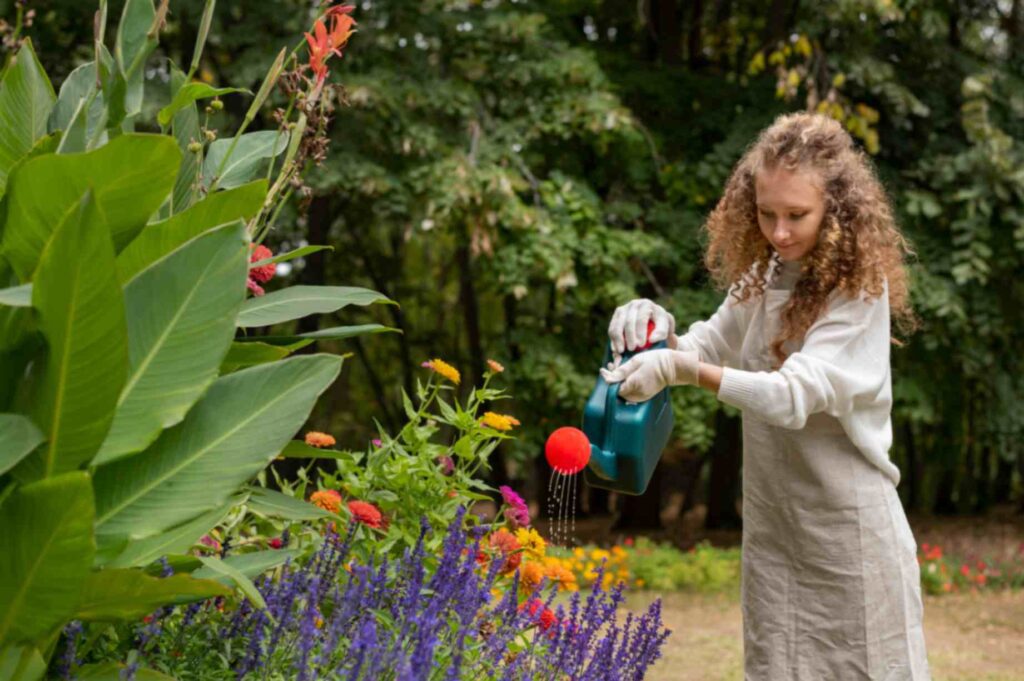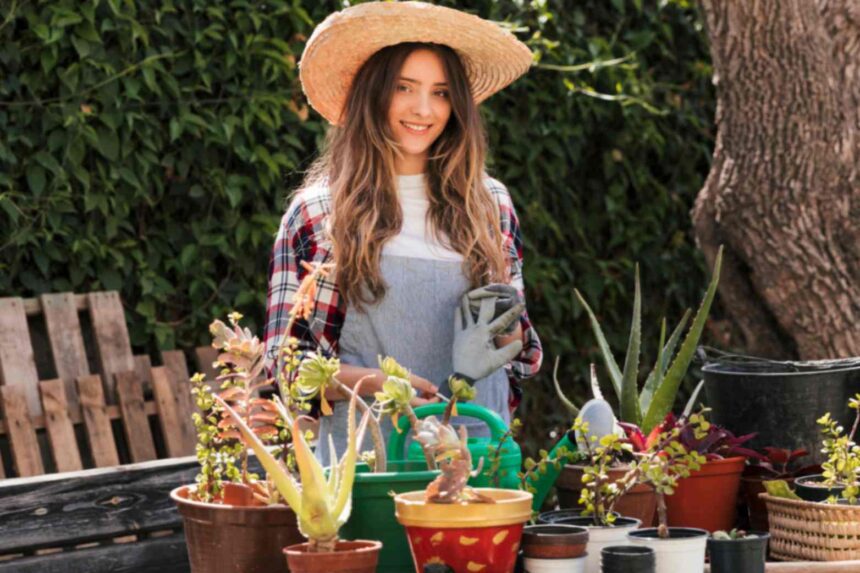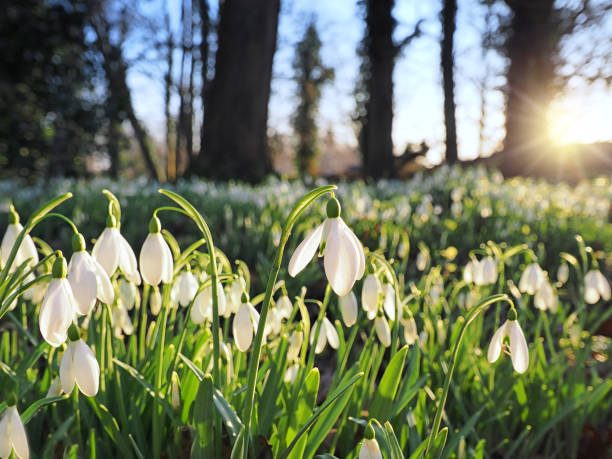Gardening is a great hobby that brings joy, clean air, and a feel of accomplishment. Whether you’re a seasoned gardener or a newbie with a green thumb simply starting to sprout, there may be continually some thing new to learn. Here are 12 smart gardening hints and thoughts to make your gardening revel in even extra exciting and fruitful.
1. Start with Healthy Soil
The foundation of a developing lawn is wholesome soil. Before planting, check your soil’s pH and nutrient levels. You should buy a soil testing package from a garden center. Or, you can send a sample to a nearby agricultural extension office. You can improve it with compost, manure, or special natural substances once you understand its needs. This will create a rich, fertile place for your plants.
2. Choose the Right Plants
Select vegetation that are suitable to your weather and soil kind. Native vegetation are regularly the best preference as they’re tailored to nearby situations and require much less protection. Also, keep in mind the quantity of sunlight your garden receives and choose plants that thrive in those conditions, whether or not it’s full sun, partial color, or complete color.
3. Water Wisely
Watering is crucial, however overwatering can be as harmful as underwatering. Water your plants early within the morning or overdue inside the night to limit evaporation. Use a soaker hose or drip irrigation device to supply water without delay to the roots, lowering waste and preventing illnesses due to wet foliage

4. Mulch for Moisture
- Mulching facilitates hold soil moisture, suppresses weeds, and regulates soil temperature. As organic mulches like straw or bark chips break down, they enrich soil with vitamins. Put 2-3 inches of mulch around your plant. But, do not pile it against the stems. This prevents rot.
5. Composting is Key
- Composting is a great way to recycle kitchen scraps and yard waste. It turns them into nutrient-rich soil. Set up a compost bin or pile in a handy spot. Regularly add fruit and vegetable scraps, espresso grounds, eggshells, grass clippings, and leaves. Turn the compost regularly to hurry up decomposition and convey rich, dark compost to beautify your lawn soil.
6. Companion Planting
- Certain plant life can benefit each other while planted together. For instance, tomatoes and basil are great companions. Basil repels pests. Pests can damage tomatoes. Marigolds are every other appropriate desire, as they deter nematodes and other pests. Research companion planting to discover useful plant pairings in your garden.
7. Use Raised Beds
- Raised beds improve drainage and reduce soil compaction. They also make weed control easier. They also heat up earlier within the spring, allowing for an extended growing season. Build your raised beds from untreated wood, bricks, or other substances. Fill them with garden soil and compost.
8. DIY Plant Markers
- Keeping track of what you’ve planted where can be tough, particularly when you have a big garden. Make your own plant markers. Use recycled materials like popsicle sticks, stones, or broken clay pots. Simply write the name of the plant at the marker with a waterproof marker or paint.
9. Recycle and Reuse
- Gardening does not have to be pricey. Reuse family items to shop money and reduce waste. For example, use egg cartons or yogurt cups as seed starters. And, reuse vintage containers as planters. You also can make your personal lawn gear, which include the use of an old fork as a weeding device.
10. Attract Beneficial Insects
- Not all bugs are pests. Many are helpful. They pollinate flowers and eat dangerous pests. Attract bees, ladybugs, and lacewings. Do it by planting lots of flowers and herbs. Avoid the usage of pesticides, as they are able to harm those useful creatures.
11. Practice Crop Rotation
- Rotating your crops each year prevents soil depletion. It also reduces the danger of pests and illnesses. Group flowers by their family. This includes tomatoes, peppers, and eggplants in the nightshade family. Rotate them to different garden areas each season.
12. Save Your Seeds
- Saving seeds out of your lawn is a fee-effective way to develop plant life 12 months after yr. Allow some of your healthiest plant life to go to seed, then accumulate and shop the seeds in a cool, dry location. Be positive to label them with the plant name and date.
- Keeping a garden magazine allows you track what works and what doesn’t on your lawn. Record information which includes planting dates, weather situations, watering schedules, and pest problems. Over time, this data will assist you make higher gardening choices.
- If you’re short on space, vertical gardening is a outstanding answer. Use trellises, putting baskets, or wall-installed planters to develop plants upward. This method no longer simplest saves area but additionally makes harvesting easier and might upload a ornamental element to your garden. more
Conclusion
- Gardening is a profitable and healing activity that everybody can revel in. By implementing these 14 smart tips and ideas, you could enhance your gardening talents and create a extra effective and exquisite garden. Remember, gardening is a journey of continuous learning and experimentation, so don’t be afraid to attempt new things and spot what works pleasant for you. Happy gardening!



